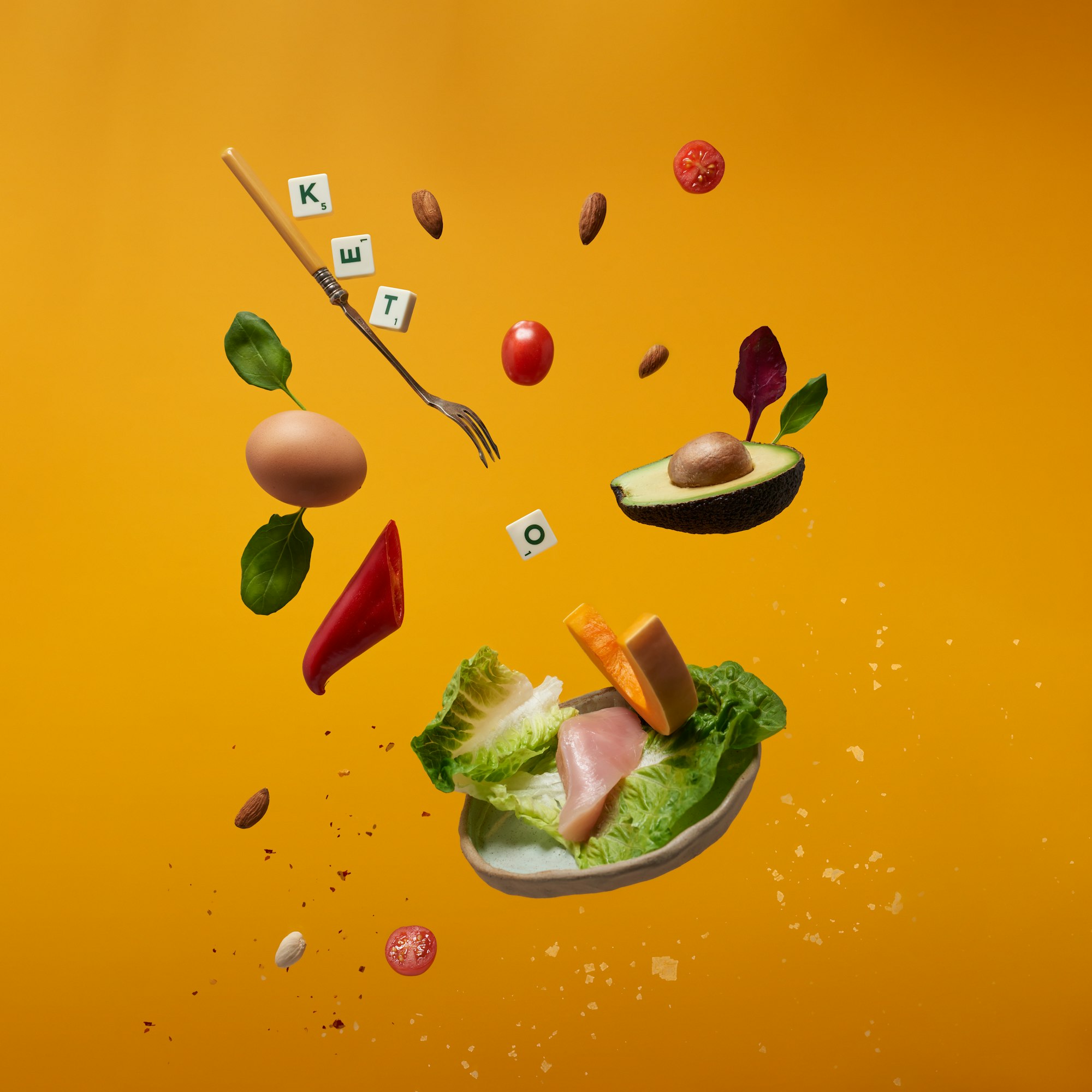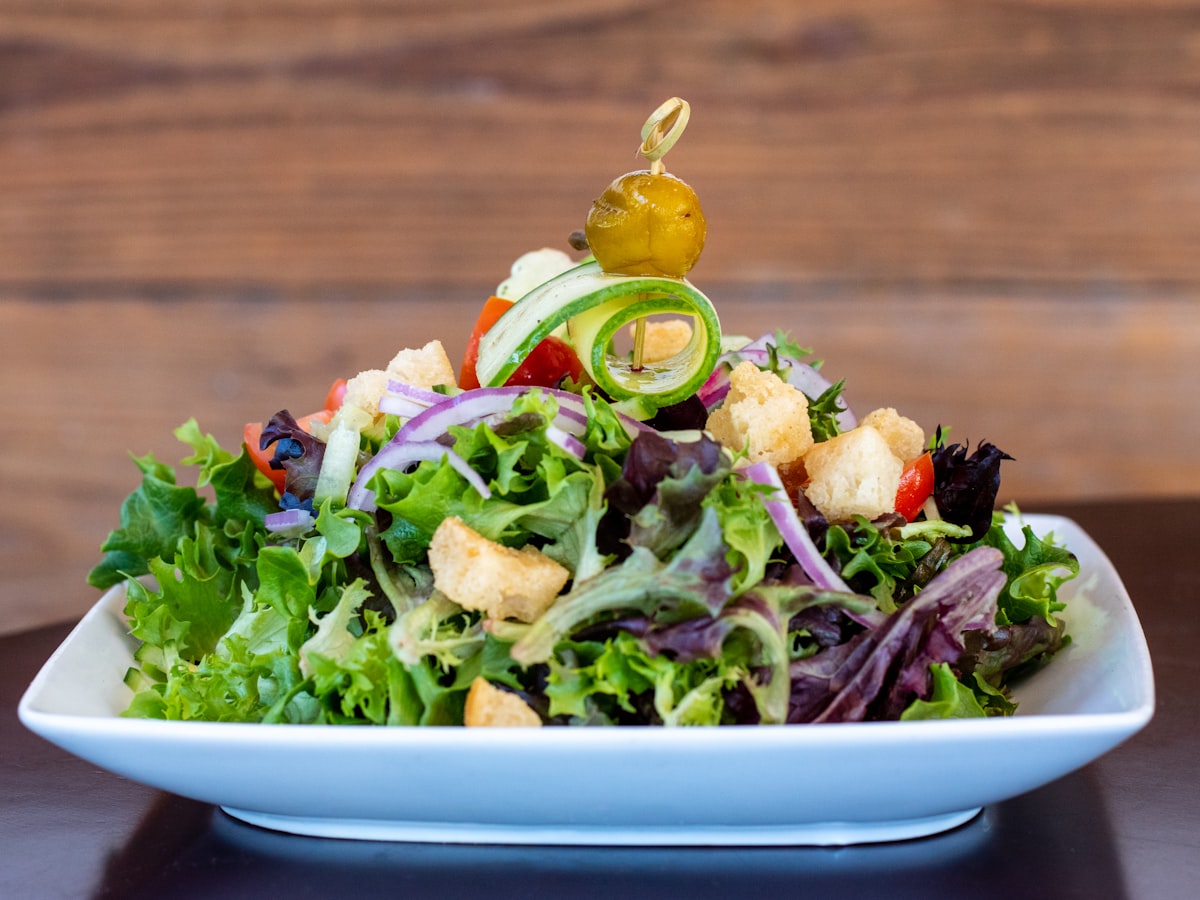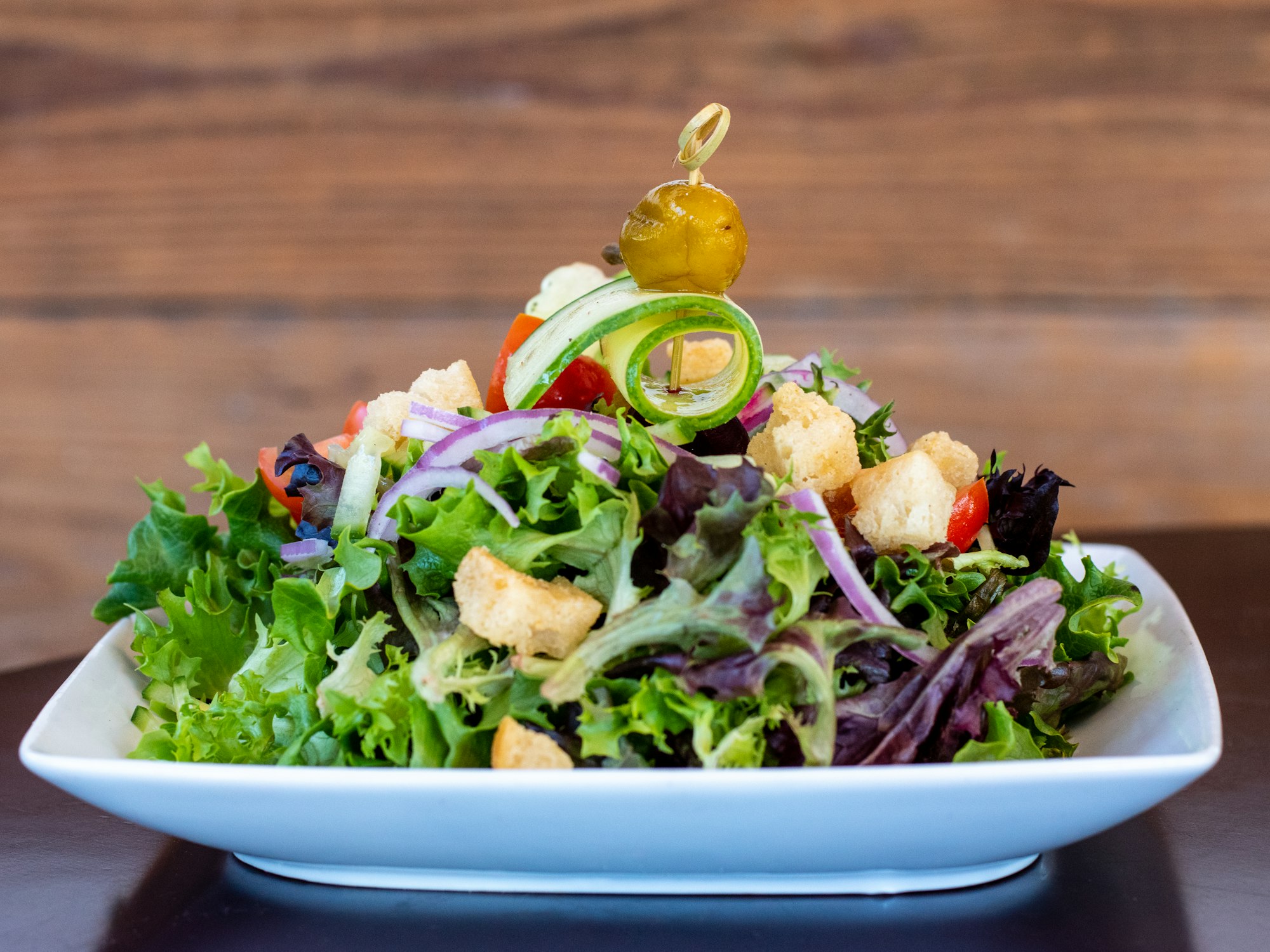Content Summary
Folic acid is an important B vitamin that can be found naturally in green leafy vegetables and legumes. Taking folic acid as a supplement can help to reduce the risk of cardiovascular disease and other serious illnesses. Studies have demonstrated that the right amount of folic acid in your bloodstream can go a long way toward preventing blocked arteries caused by high levels of homocysteine. In this blog, we will explain why you should take folic acid as a supplement and how it helps to keep your heart healthy.
How Does Folic Acid Help?
Folic acid plays an important role in helping to keep blood vessels healthy by reducing homocysteine levels in the body. Homocysteine is an amino acid that is naturally produced by your body, but when levels become too high, it can lead to blocked arteries which increases the risk of heart attack or stroke.
Taking folic acid helps to break down homocysteine into other useful molecules which lowers its concentration and reduces the risk of developing cardiovascular disease.
What is Homocysteine?
Homocysteine is an amino acid found in the bloodstream that has been linked to blocked arteries, one of the main causes of cardiovascular disease. Studies have shown that with the right amount of folic acid circulating through your bloodstream, you can reduce your homocysteine levels and prevent blocked arteries from forming. This means that by increasing your intake of folic acid, you are helping to protect yourself against a wide range of heart problems.
The Benefits of Taking Folic Acid Supplements
Taking folic acid supplements has been linked with numerous health benefits such as reducing the risk of stroke, heart attack, and some types of cancer. It also helps to reduce birth defects in pregnant women and supports red blood cell production which helps to prevent anemia. Other benefits include blocking out environmental toxins that could cause damage to cells, organs, and tissues throughout the body.
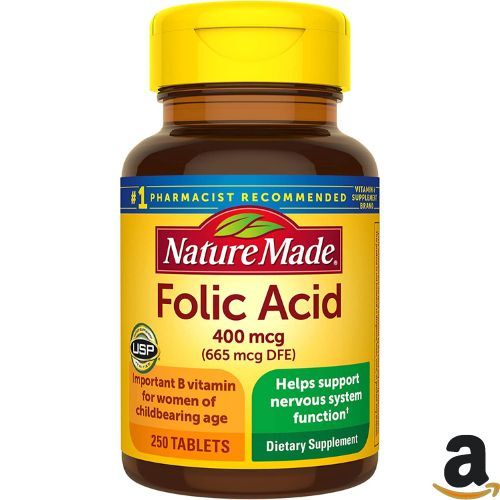
Who Should Take Folic Acid Supplements?
Anyone who wants to reduce their risk of developing cardiovascular disease should consider taking folic acid supplements on a regular basis. This includes people who are pregnant or trying to get pregnant since it has been linked with reducing birth defects in unborn babies.
Those who don’t eat enough green leafy vegetables and/or legumes would also benefit from taking additional folic acid as well as people with certain medical conditions such as kidney disease or celiac disease which can make it difficult for them to absorb enough vitamins from their diet alone.

How Much Folic Acid Do You Need?
Different people will need different amounts of folic acid in order to keep their homocysteine levels normal. Generally speaking, adults should take 400 micrograms (mcg) per day, while pregnant women should take 600 mcg daily. However, it’s important to note that these numbers may vary depending on an individual’s age and health condition. It’s always best to speak with your doctor before starting any new dietary supplements or vitamins so they can help determine the optimal amount for you based on your specific needs and health history.
Where Can You Get Folic Acid?
Folate and folic acid are both forms of B9 vitamins; however, folate is naturally occurring while folic acid is synthetic and not found naturally in foods. While some foods do contain folate (spinach, broccoli, beans), it’s often easier to get the recommended daily amount through supplements or fortified foods like breakfast cereals and bread/cereals/grains specifically designed for those who need additional folic acid in their diets. Your doctor may also be able to provide advice on where to find reliable sources for these types of products if needed.
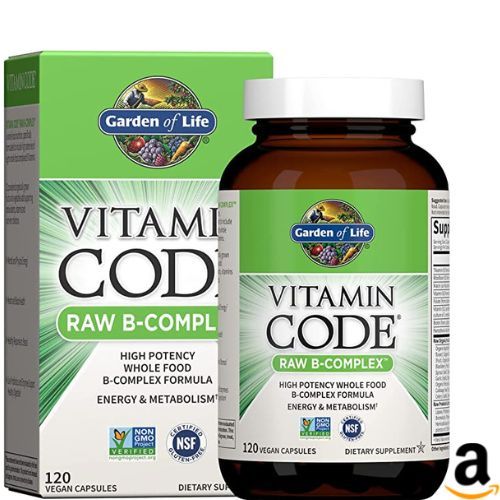
What is the Difference Between Folic Acid and Folate?
Folic acid and folate are two separate compounds that originated from the same natural source. They both belong to a class of substances known as 'B vitamins', which play an important role in metabolic processes, such as converting food into energy.
Folate is the naturally-occurring form of vitamin B9 and can be found in a variety of foods, including leafy green vegetables like spinach, broccoli, brussels sprouts, turnip greens; citrus fruits such as oranges and grapefruit; legumes or pulses like peas or beans; nuts and seeds; avocados; beef liver; fortified breakfast cereals; eggs; milk products (cheeses); mushrooms & more.
Folate exists mainly in its free form while dietary folate is converted to its active form tetrahydrofolate (THF) within the body by a series of enzymatic reactions before it can be used for other purposes.
In contrast to folate, folic acid is the synthetic form of vitamin B9 found in multivitamins/supplements and added to certain foods during the fortification process. Folic acid must be first converted into active THF by enzymes inside our bodies before it can do any good - this conversion occurs slowly regardless of whether we take large doses or not.
To sum up: Both folic acid & folate are forms of Vitamin B9 that exist naturally respectively - however, their effects vary substantially when consumed due to differences generated through metabolism pathways thus consuming supplemental forms is recommended prescribed by medical professionals, or else side effects may arise at worst case scenarios!
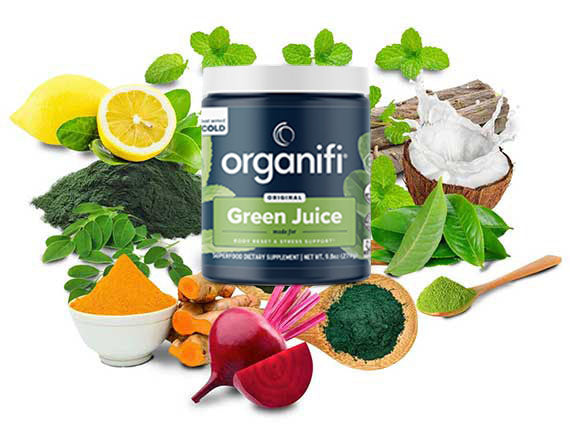
Which Foods Contain the Most Folic Acid?
There are plenty of food sources from which you can get ample amounts of folic acid. Spinach is a clear frontrunner when it comes to plant-based sources - it contains around 196 mcg per cooked cup or 65% of your recommended daily intake (RDI). Other leafy greens such as kale, collard greens, and turnip greens contain significant amounts as well; a single cooked cup provides over 10% of your RDI!
Beans are another great source - 1/2 cup serving sizes typically having anywhere between 181 mcg (white beans) to 284 mcg (black-eyed peas). Broccoli also contains some folic acid at 26 mcg per raw cup; however this vegetable isn’t quite as potent as spinach or any type of bean.
In terms of fortified foods that have been enhanced with extra vitamins and minerals like folic acid - breakfast cereals are a great option here. Many brands sell boxes specifically designed for those who want more folate in their diets; usually providing 100-400% more than unfortified varieties! Other fortified items include bread and juices - be sure to check out specific nutritional labels before purchasing these goods though!

Finally, there are animal sources such as beef liver which provides an impressive amount of 145mcg per 3 ounces. Nuts too especially sunflower seeds and peanuts provide decent portions ranging from 28mcg (cashews) up to 105mcg(peanuts); however, most people don’t consume enough nuts on a daily basis for them to make much difference in terms of their total folate intake if any at all.
Conclusion
To sum up, taking folic acid supplements is very beneficial for anyone who wants to reduce their risk of cardiovascular diseases such as stroke or heart attack. It also has many other health benefits such as helping pregnant women avoid birth defects, supporting red blood cell production, blocking out toxins from the environment, and more!
If you don’t eat enough green leafy vegetables or legumes, you may want to consider adding a daily dose of folic acid supplement into your diet for added health benefits. Doing so will help ensure that you are getting adequate amounts of this essential B vitamin every day!
Check Out Our Relevant Reads>>>



